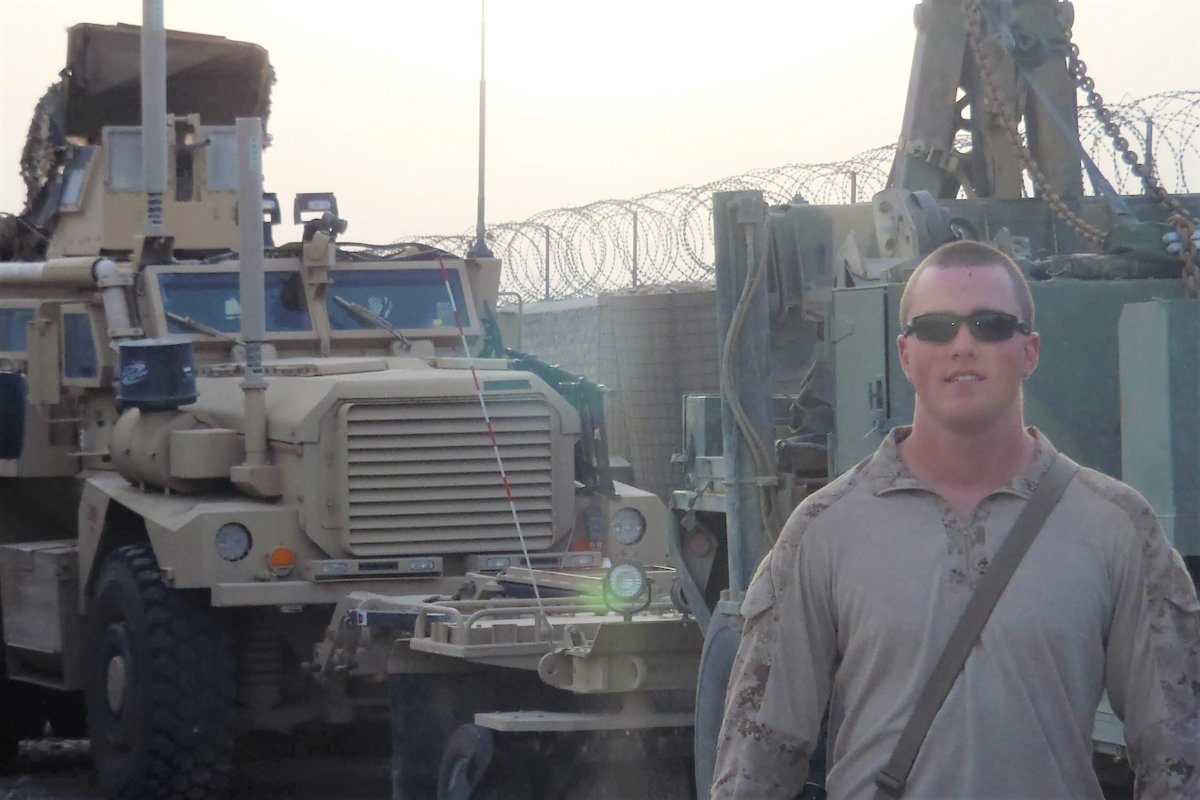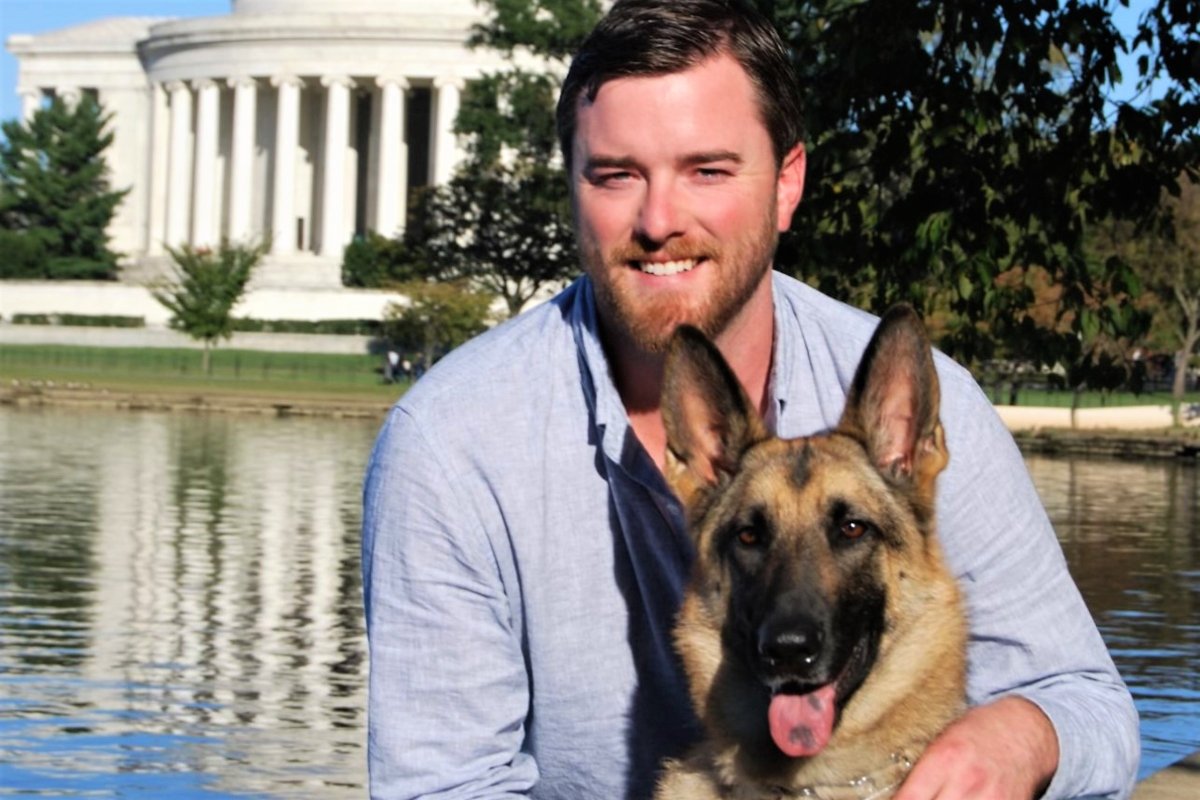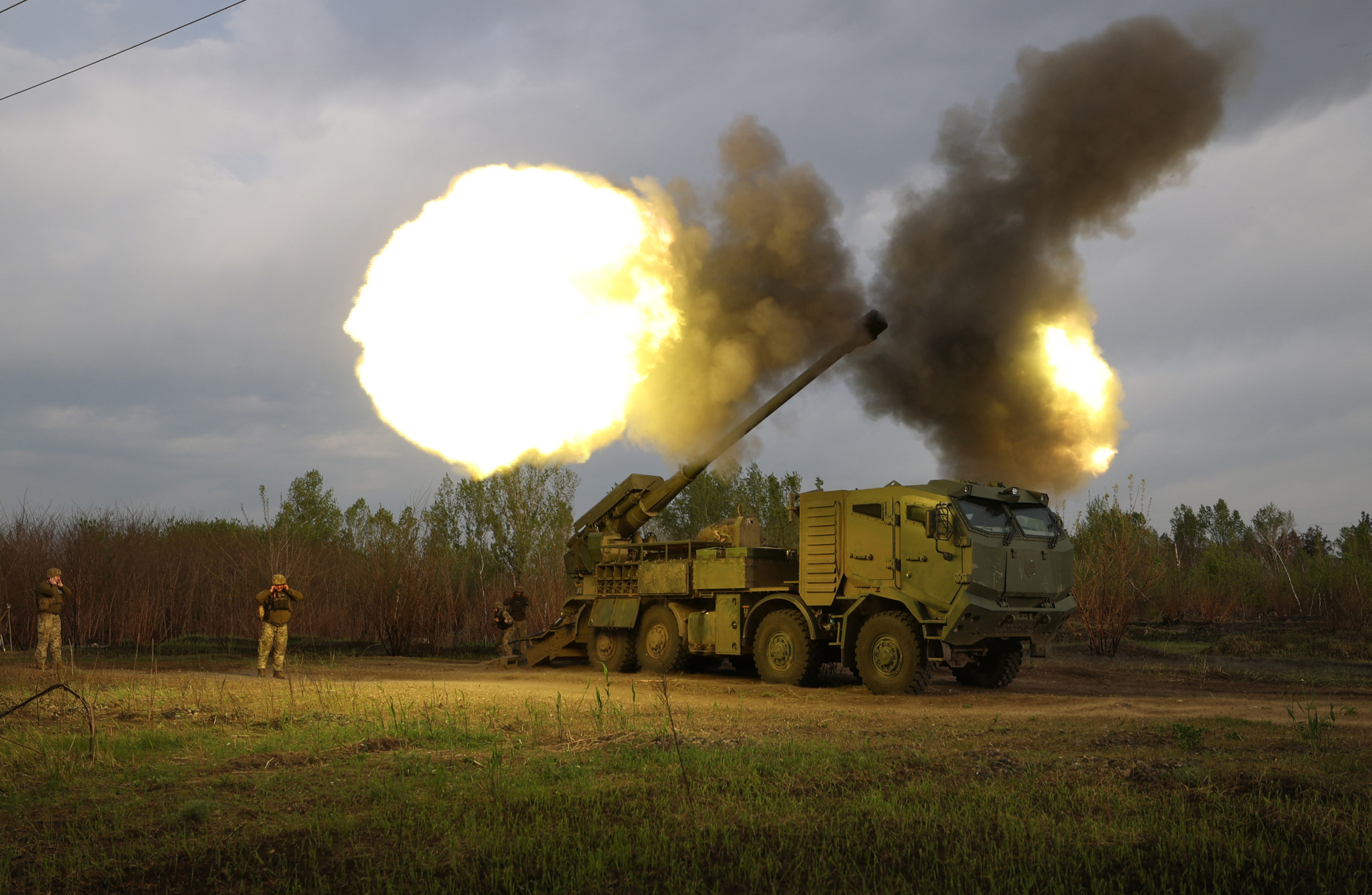I joined the Marines in 2008 straight out of high school because, at the time, I realized that I maybe wasn't mature enough to be successful in college, and I didn't have the money either. I didn't want tens of thousands of dollars in student loans.
The military was a great option for me because I had always wanted to serve. I was an Eagle Scout in high school, and something about serving in the military appealed to me. So, I joined the Marine Corps and ended up serving for about six years, including a deployment to Afghanistan in 2011.
Although I didn't know when the war would end, I wanted to go to Afghanistan and serve my country. In some ways, it was exactly what I expected, and in other ways, it was not at all what I expected.

I became very close with the people I deployed with. Afghanistan is very hot and sandy, especially in the southern Helmand province. The preconceived notions I had about what warfare would be like were pretty accurate.
However, there was something I didn't necessarily expect, and that is that a lot of times the conducting of warfare, particularly if you're not infantry, can be pretty mundane. The logistical movements of equipment and personnel involve a lot of waiting.
When I got back from Afghanistan in 2011, I had to take something called a post-deployment health assessment. It was a general, broad net of questions used to identify whether or not you were at risk of harming yourself or if you had some mental, emotional, or even physical health issues. It was a very broad questionnaire that indicated if you needed to seek follow-on treatment for certain things.
It was indicated to me that I needed to seek treatment for post-traumatic stress, but not anything combat-related. I had spent a lot of time at a trauma center in the Helmand province, specifically at the Bastion Trauma Center, which was a British air base connected to Camp Leatherneck at the time.
When I came back from the war, I had this "yeah, I'm fine and nothing's wrong" kind of attitude. At first, I didn't really notice anything, but within a few months, my then-wife noticed that I had nightmares and would have to wake me up.
I also started getting very anxious and jittery whenever I would go to a hospital or any sort of medical facility. I also had anxiety attacks in certain situations, and I honestly never figured out what triggered them because it didn't always happen in hospitals.
So, I tried going to the Veterans Health Administration (VA) facilities in the Dallas Fort Worth area. As a reservist, I was doing talk therapy, which, honestly, I disliked because it didn't seem to work.
I was also prescribed SSRIs for the symptoms of post-traumatic stress, but those didn't work either and, in fact, made things worse. This led to a pretty difficult night in 2014 when I had been drinking too much and was at a low point in my life—I almost became a veteran suicide statistic.
It was the intervention of another Marine who knew it was a tough day for me that made a difference. I was very close to pulling the trigger and I was surprised that his knock at the door didn't make me jerk my finger. He showed up with some food and DVDs.
The next morning, I woke up completely clear and didn't feel hungover at all. I remember thinking, "Why are you doing this to yourself? You haven't done anything wrong. There are people here who care about you that you shouldn't leave."
I switched my thinking from feeling like I didn't have anybody or anything to realizing I had the opportunity to do anything because I wasn't tethered.
There was a particular Bible verse I clung to, 2 Timothy 1:7, which says: "God didn't give us a spirit of fear and timidity but of power, love, and self-discipline." That was pretty instrumental.
At the time, the VA didn't provide any funding for service dogs, and the nonprofits that did had wait times of over a year. I had stopped taking SSRIs and wasn't doing formal talk therapy anymore. So, I needed to find another option to help with the symptoms of post-traumatic stress, specifically the nightmares and anxiety attacks.
I sought the option of a service dog because it seemed to work well for my friend, and it offered a therapeutic and holistic approach. Although they are trained to help with specific symptoms, it was the path I chose to embark on.
Since the VA didn't provide funding and nonprofits had long wait times, I explored other options. I found a friend who bred German Shepherds and another friend from the Marine Corps who was a dog trainer. The trainer was branching out into training dogs for symptoms of depression and post-traumatic stress in veterans to address the veteran suicide epidemic.
Together, we selected Kaya from the puppies that he had.
Training Kaya cost around $10,000, which wasn't too expensive as it typically costs around $20,000. The training process lasted approximately nine to ten months. When Kaya was around 12 weeks old, I spent a month bonding with her. I focused on potty training and teaching her basic commands like sit and stay.
That was when our bond truly formed.
Even before her training, I could sense that Kaya was a special dog because of her intelligence. She quickly became fully potty trained within a day or two, and before I sent her to training, I could already feel her sense of purpose and assistance.
When I sent her off to get trained, I still had that feeling of hope that I would receive the help I needed. Upon my return from an internship, Kaya was there, and it was as if she immediately remembered me from our time together.
From that moment on, we were inseparable, and within weeks, I noticed a decrease in my symptoms. It was very effective.

There were days when I didn't feel like getting out of bed, but knowing that Kaya needed to go for a walk, eat, or go outside gave me a sense of purpose that pills and therapy couldn't provide.
When I was having a nightmare, she would jump up onto my bed and lick my face to wake me up, and then sit with me until I calmed down and could go back to sleep. Even just knowing that she was there reduced my nightmares within a matter of weeks. My anxiety attacks took a little bit longer, but I still noticed a pretty significant reduction in those over a short period of a couple of months.
Kaya was a consummate professional that loved everyone she came into contact with, not just me. There have been numerous stories of people that have told me that when they were going through a particularly tough time, Kaya paid extra attention to them in a crowd of people.
A lot of people like to say their dogs are the best dog in the world and their dogs so smart, but Kaya was truly one of a kind because she was great, intelligent, and very empathetic from day one.
On top of that, she became an ambassador for service dogs for veterans across the country. One reporter said something along the lines of, "Kaya was Cole's service dog, but became America's best friend."
Kaya's death in 2023 was devastating and very hard to deal with. It's still hard to deal with. I don't think there's going to be a day that goes by that I don't think about her. But she gave me the tools I needed to live without her.
Kaya is the reason why I got involved in veteran advocacy. When I started advocating for the Paws Act, I realized that I had a voice in this space and I could be effective at advocating for veterans.
So I did that on Capitol Hill, and at the Department of Veterans Affairs. But then the withdrawal from Afghanistan happened, and it was a pretty traumatic event for not only Afghanistan veterans but people who had served in the Global War On Terror.
I was the only person in my former unit that had worked in the federal government, so I was getting calls left and right from men and women I served with, saying things like, "How are we letting this happen? What's happening?"
I had to talk three of my friends off the ledge of suicide.
I could see the writing on the wall of how that was going to affect the veteran community.
Then, a few weeks later, the opportunity with Mission Roll Call came up. Mission Roll Call's number one priority is veteran suicide prevention, so it felt like I was being led to come into this role and do the best I can to advocate for more sensible suicide prevention policies for the veteran community. And that's what I've tried to do.
It's been almost two years, and Kaya is the reason I got into this. When Kaya passed away, I started another organization called Kaya's K9s. I wanted to help other veterans because as these dogs become more prominent in the fight against veteran suicide, you don't want people to have to deal with a surprise vet bill and financial stress, which is also a primary cause of suicide.
If somebody is going through a tough time and is going through a crisis, the United States has a national hotline, the suicide prevention hotline. Veterans can dial nine-eight-eight and press one if they're a veteran.
There are also resources out there if you're going through a financial, relationship, or mental health crisis. There are plenty of resources, you just have to ask for help.
Sometimes, that can be the hardest part, but you owe it to your future self to take that leap.
Cole Lyle is the Executive Director of Mission Roll Call. Prior to MRC, Cole worked as an advisor to senior leadership at VA and on veteran policy in the United States Senate. Notably, Cole and his service dog, Kaya, were essential in the PAWs Act being created and signed into law. Cole was honorably discharged as a Non-Commissioned Officer in the Marine Corps after serving six years, including a deployment to Afghanistan.
All views expressed in this article are the author's own.
As told to Newsweek associate editor, Carine Harb.
Do you have a unique experience or personal story to share? Email the My Turn team at myturn@newsweek.com.
Uncommon Knowledge
Newsweek is committed to challenging conventional wisdom and finding connections in the search for common ground.
Newsweek is committed to challenging conventional wisdom and finding connections in the search for common ground.
About the writer
Cole Lyle is the Executive Director of Mission Roll Call. Prior to MRC, Cole worked as an advisor to senior ... Read more
To read how Newsweek uses AI as a newsroom tool, Click here.






